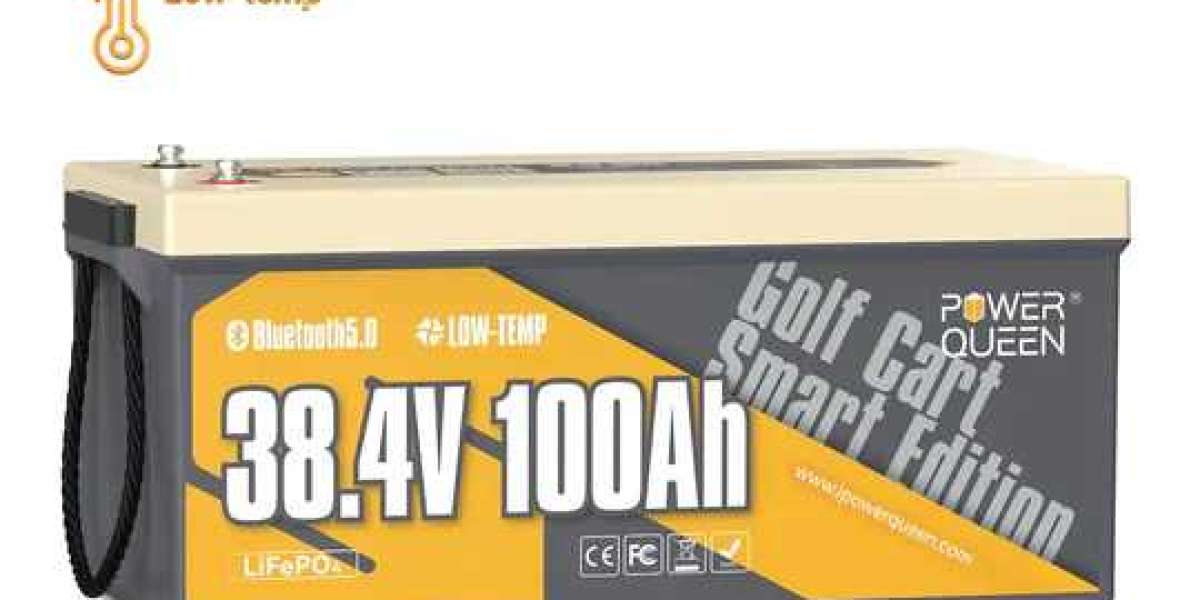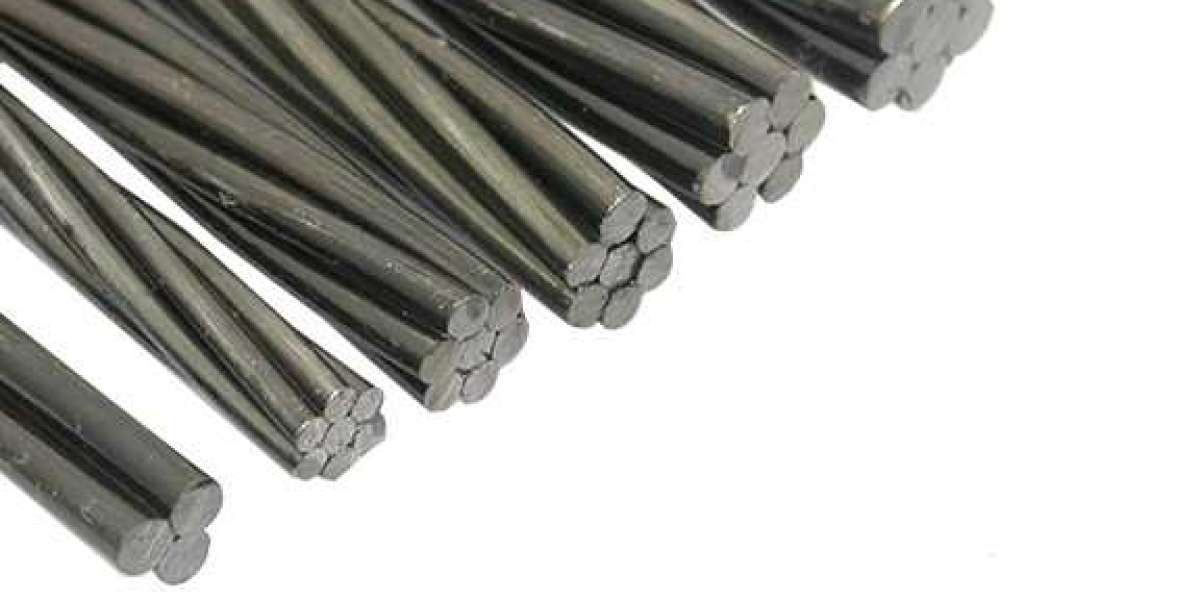Golf carts have long been a popular mode of transportation for both golf courses and personal use. Traditionally powered by lead-acid batteries, golf carts are now increasingly being powered by lithium-ion batteries. As technology advances, lithium batteries have emerged as a game-changer in the world of golf cart power systems, offering numerous benefits over traditional lead-acid options. In this article, we will explore the reasons why upgrading to lithium golf cart batteries is a wise decision for both casual and professional golfers.

1. Understanding Lithium Golf Cart Batteries
Lithium-ion batteries are a type of rechargeable battery that uses lithium ions as the primary charge carrier. These batteries have been widely adopted in various applications, from mobile phones to electric vehicles, and their benefits are now being recognized in the golf cart industry. When it comes to powering a golf cart, lithium batteries provide a number of advantages, making them an increasingly popular choice among golfers.
2. The Key Benefits of Upgrading to Lithium Golf Cart Batteries
2.1 Longer Lifespan
One of the most significant advantages of upgrading to lithium golf cart batteries is their exceptional lifespan. Lithium-ion batteries can last up to 5-10 years, depending on usage and maintenance, compared to the 3-5 years you can expect from traditional lead-acid batteries. This extended lifespan means that golfers and golf course operators do not need to replace their batteries as frequently, reducing the overall cost of ownership in the long run.
The durability of lithium batteries is largely due to their ability to handle more charge cycles without losing efficiency. While lead-acid batteries experience a gradual decrease in performance after each cycle, lithium batteries maintain consistent power output over time, making them a more reliable and cost-effective option.
2.2 Lighter Weight and More Efficient
Lithium-ion batteries are much lighter than their lead-acid counterparts. While lead-acid batteries can weigh upwards of 60-80 pounds, lithium batteries are typically only around 30-40 pounds. This lighter weight significantly reduces the overall weight of the golf cart, which in turn improves the cart's efficiency and overall performance.
With a lighter battery, your golf cart will consume less energy to operate, allowing it to travel longer distances without needing a recharge. This is especially beneficial for golf courses or individuals who require longer rounds or have large properties to navigate.
2.3 Faster Charging Time
Another impressive advantage of lithium golf cart batteries is their faster charging time. While lead-acid batteries may take anywhere from 8-12 hours to fully charge, lithium batteries can often be fully charged in just 2-4 hours. This quick turnaround time means that you can get back on the course or back to your tasks with minimal downtime.
For golf course operators, faster charging also means that carts can be in constant rotation, allowing for better fleet management and reducing wait times for golfers. Additionally, with the ability to charge lithium batteries more quickly, you can ensure that your carts are always ready for use.
2.4 Better Performance in Extreme Weather Conditions
Lithium-ion batteries are more resilient to temperature fluctuationscompared to lead-acid batteries. While lead-acid batteries can lose performance in both hot and cold weather conditions, lithium batteries operate efficiently across a wider range of temperatures. This makes them ideal for golf courses located in regions with extreme temperatures or for golfers who play in various climates.
In colder conditions, lead-acid batteries may struggle to retain a charge, reducing the overall distance a golf cart can travel. Lithium batteries, on the other hand, maintain their efficiency and can perform well in sub-zero temperatures, allowing users to enjoy consistent performance year-round.
2.5 Low Maintenance Requirements
One of the main drawbacks of lead-acid batteries is the maintenance required to keep them in optimal condition. Lead-acid batteries need to be regularly checked for water levels and corrosion, and their terminals need to be cleaned to ensure proper function. This can be time-consuming and tedious for both individual golfers and golf course operators.
In contrast, lithium batteries are virtually maintenance-free. They do not require water top-ups or regular cleaning of terminals, making them far easier to manage. This reduction in maintenance time not only saves money but also ensures that the battery is always performing at its best.
2.6 Environmentally Friendly
Lithium-ion batteries are a more eco-friendly option compared to lead-acid batteries. Lead-acid batteries contain hazardous materials such as lead and sulfuric acid, which can be harmful to the environment if not properly disposed of. Additionally, the manufacturing process of lead-acid batteries produces more harmful emissions than that of lithium batteries.
On the other hand, lithium-ion batteries are more energy-efficient and contain fewer harmful chemicals. They also have a higher recycling rate, making them a more sustainable choice for those looking to reduce their environmental footprint.
2.7 Cost-Effectiveness in the Long Term
While the upfront cost of lithium batteries can be higher than lead-acid batteries, they can be more cost-effective over time due to their longer lifespan, reduced maintenance, and energy efficiency. The savings gained from not having to replace batteries as often, combined with lower electricity costs from faster and more efficient charging, make lithium batteries a more economical choice in the long run.
Furthermore, the increased resale value of golf carts equipped with lithium batteries can help offset the initial investment, making them a more valuable asset over time. Golfers and golf course operators who invest in lithium batteries can expect to see a return on investment in terms of both performance and savings.
2.8 Consistent Power and Performance
Unlike lead-acid batteries, which experience a noticeable drop in power as they discharge, lithium batteries provide a steady and consistent power output throughout their entire charge cycle. This means that golfers will experience better performance on the course, with the golf cart delivering the same level of power from start to finish.
Whether you're traveling up hills or navigating through challenging terrain, the consistent power provided by lithium batteries ensures that your cart will perform optimally throughout your round.
3. When Should You Upgrade to Lithium Golf Cart Batteries?
Upgrading to lithium golf cart batteries is an investment that will benefit golfers, golf course operators, and anyone using a golf cart on a regular basis. If you're still using traditional lead-acid batteries, consider upgrading to lithium if:
Your current batteries are reaching the end of their lifespan.
You’re looking for a lighter, more efficient option to enhance performance.
You need faster charging times to minimize downtime.
You want a more eco-friendly and sustainable battery solution.
You’re seeking long-term cost savings through better energy efficiency and reduced replacement frequency.
4. Conclusion: The Future of Golf Cart Power
Lithium golf cart batteries offer a host of benefits that improve performance, reduce maintenance, and increase efficiency. Whether you're a casual golfer looking for a reliable and low-maintenance power source or a golf course operator seeking to improve fleet management, upgrading to lithium batteries is a smart choice. The initial investment in lithium-ion technology will pay off in the form of a longer-lasting, more powerful, and eco-friendly battery that enhances your golfing experience for years to come.








